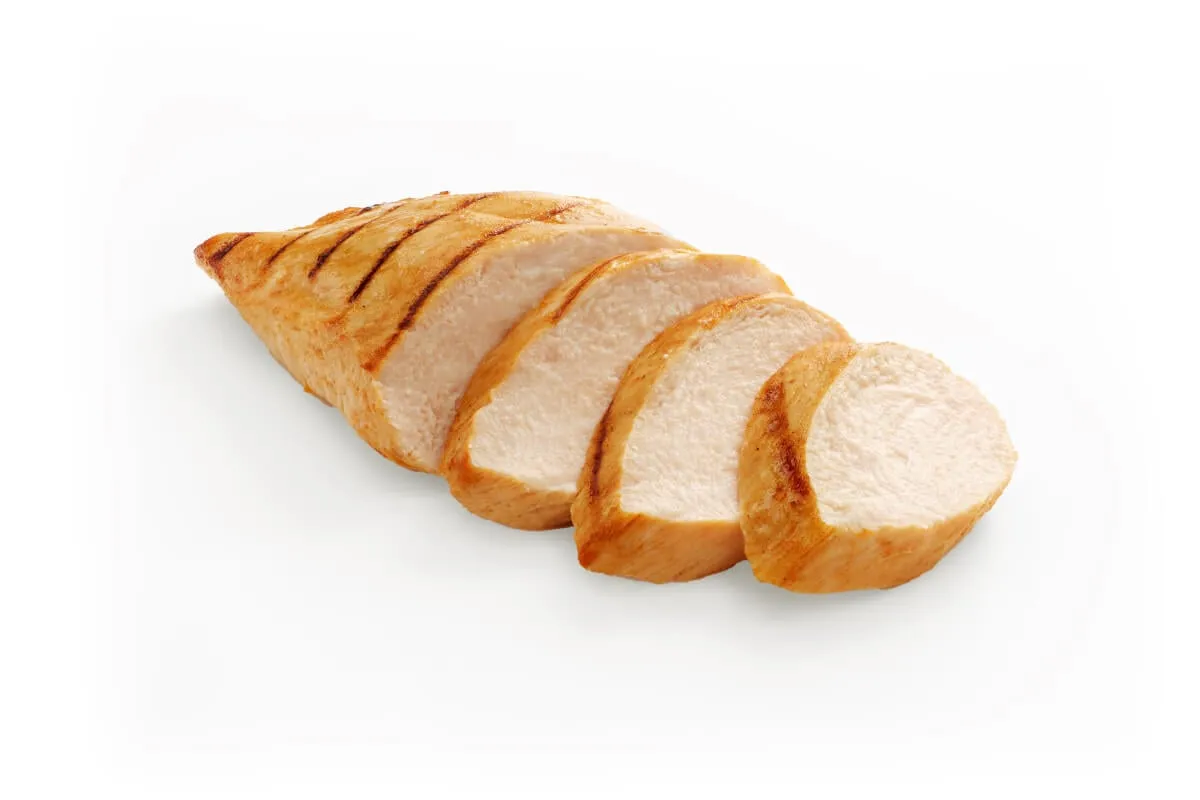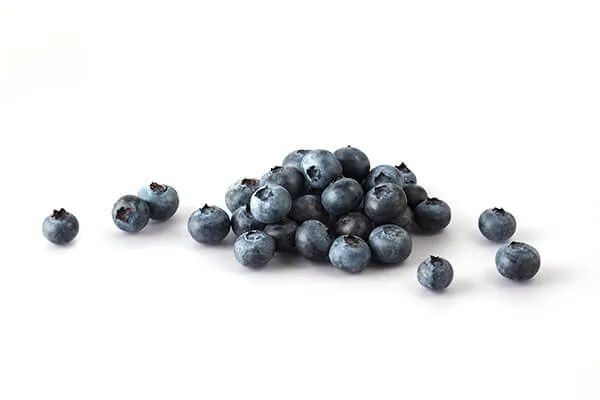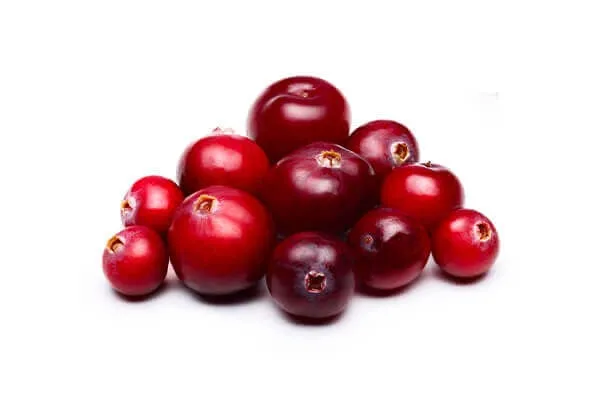Bringing a 6-week-old puppy into your home is an exciting time, but it comes with significant responsibilities, especially regarding their diet. At this tender age, puppies are rapidly developing, and their nutritional needs are critical for healthy growth and a strong immune system. While commercial puppy foods are often convenient, some owners prefer exploring homemade options to ensure complete control over ingredients and provide a natural diet. Understanding the specific dietary requirements of such a young pup is paramount to their well-being. This guide will delve into what your 6-week-old puppy needs to thrive on a homemade diet, covering essential nutrients, safe ingredients, and feeding best practices.
Understanding the Unique Nutritional Needs of a 6-Week-Old Puppy
Six-week-old puppies are in a crucial developmental stage, often transitioning from mother’s milk or formula to solid foods. Their tiny bodies require a carefully balanced diet rich in protein, healthy fats, and essential vitamins and minerals to support rapid growth, bone development, and organ function. Unlike adult dogs, puppies need more calories per pound of body weight, as well as higher levels of certain nutrients. For example, a 6-week-old puppy requires easily digestible proteins for muscle development and healthy fats, including Omega-3 fatty acids like DHA, which are vital for cognitive and retinal development. Complex carbohydrates provide sustained energy, while a precise balance of calcium and phosphorus is crucial for strong bone growth. Providing a well-rounded diet tailored to their specific needs is foundational to their long-term health.
Why Consider Homemade Food for Your Young Puppy?
Choosing to prepare homemade food for your 6-week-old puppy allows you to have complete control over every ingredient. This can be particularly beneficial if your puppy has sensitivities to certain commercial food additives or grains. You can select high-quality, fresh ingredients, avoiding artificial flavors, preservatives, and fillers often found in processed kibble. This personalized approach ensures your puppy receives a diet free from common allergens and tailored to their individual needs.
Potential Risks and Precautions with Homemade Diets
While homemade diets offer control, they also come with challenges. Ensuring nutritional completeness and balance is critical and complex, especially for a rapidly growing puppy. A deficiency or excess of certain nutrients can lead to serious health issues, including developmental abnormalities. It’s imperative to work closely with a veterinarian or a certified canine nutritionist experienced in puppy diets to formulate a safe and balanced homemade meal plan. Without expert guidance, you risk providing an inadequate diet that could compromise your puppy’s health. Raw food diets, in particular, carry risks of bacterial contamination, which can be dangerous for young puppies with developing immune systems. Always cook meats and other ingredients thoroughly.
Safe and Nutritious Homemade Food Options for Your 6-Week-Old Puppy
When preparing homemade food for a 6 week old puppy, focus on ingredients that are easily digestible, nutrient-dense, and safe. Puppies at this age need soft, mushy food that they can easily lap up and swallow. Here are some categories and ideas for safe ingredients:
- Lean Proteins: Cooked and shredded chicken or turkey (boneless, skinless) are excellent sources of protein. Cooked lean ground beef can also be introduced in small amounts. Always ensure meats are thoroughly cooked and free of any seasonings, bones, or skin.
 Cooked chicken breast, shredded for easy digestion for puppies
Cooked chicken breast, shredded for easy digestion for puppies - Easily Digestible Grains: Cooked white or brown rice (well-cooked to a soft consistency) and oatmeal (plain, unsweetened) can provide necessary carbohydrates and fiber. Brown rice, in particular, is a natural whole grain that offers essential B vitamins and complex carbohydrates for sustained energy.
 Pile of brown rice, a healthy source of carbohydrates and fiber
Pile of brown rice, a healthy source of carbohydrates and fiber - Pureed Vegetables: Soft, cooked, and pureed vegetables like sweet potatoes, carrots, green beans, or pumpkin can offer vitamins, minerals, and fiber. Ensure they are plain, without butter, salt, or spices.
- Healthy Fats: A tiny amount of fish oil can be beneficial, providing essential Omega-3 fatty acids, including DHA, for brain and vision development. Flaxseed is another good source of essential omega-3 fatty acids and fiber, promoting healthy skin, coat, and digestion. Always consult your vet for appropriate dosages.
 Bottle of fish oil, rich in omega-3 fatty acids for cognitive and skin health
Bottle of fish oil, rich in omega-3 fatty acids for cognitive and skin health - Antioxidant-Rich Fruits (in moderation): Small amounts of pureed blueberries or cranberries can add beneficial antioxidants. Blueberries are an excellent source of vitamins C & E, potassium, and fiber, while cranberries offer vitamins C, E, K, and manganese.
 Fresh blueberries, known for their antioxidant properties and vitamins
Fresh blueberries, known for their antioxidant properties and vitamins Bright red cranberries, providing essential vitamins and manganese
Bright red cranberries, providing essential vitamins and manganese
Sample Homemade Puppy Food Idea
A basic Homemade Food For 6 Week Old Puppy recipe might include thoroughly cooked and finely shredded chicken, mixed with well-cooked and mashed brown rice, and a spoonful of pureed pumpkin or sweet potato. A very small, vet-approved amount of fish oil can be blended in. The consistency should be like a thick gruel or baby food, easy for the puppy to lap up. It is important to remember that these are general guidelines, and any specific homemade diet plan should always be approved by your veterinarian to ensure it meets all of your growing puppy’s dietary needs. For more insights on puppy diets as they grow, you might find information on what can puppies eat at 4 months helpful as they mature.
Ingredients to Absolutely Avoid
Several common human foods are toxic or harmful to puppies and must be strictly avoided. These include onions, garlic, chocolate, grapes, raisins, xylitol (an artificial sweetener), avocado, macadamia nuts, and alcohol. Even seemingly benign items like excessive salt or spices can cause digestive upset or more severe health problems for a young puppy. When preparing homemade food for 6 week old puppy, always ensure all ingredients are pet-safe and prepared without any human seasonings or additives.
Feeding Schedule and Portions for Young Puppies
A 6-week-old puppy has a small stomach and a high metabolism, meaning they need to eat frequently throughout the day. Typically, puppies this young should be fed three to four small meals daily. This helps maintain stable blood sugar levels and supports their rapid growth without overloading their digestive system. Start with small portions and monitor your puppy’s appetite and body condition. If they are leaving food behind, you might be offering too much; if they are always hungry and seem underweight, consult your vet about increasing portion sizes.
Hydration is just as crucial as food. Always ensure a clean bowl of fresh, cool water is available to your puppy at all times. Dehydration can quickly become a serious issue for young puppies. When transitioning from milk or formula, gradually introduce the soft homemade food over several days to avoid digestive upset. Mix a small amount of the new food with their current milk replacer, slowly increasing the solid food and decreasing the liquid over a week or two. Understanding what should a dog eat in a day provides a broader perspective on canine nutrition as they develop.
The Most Important Step: Consulting Your Veterinarian
While the idea of providing homemade food for 6 week old puppy is appealing, the complexities of canine nutrition, especially for such a young and vulnerable animal, cannot be overstated. The most critical step in embarking on a homemade diet for your puppy is to consult with your veterinarian or a board-certified veterinary nutritionist. They can help you:
- Assess individual needs: Your puppy’s breed, size, activity level, and any underlying health conditions will influence their specific dietary requirements.
- Formulate a balanced diet: A professional can create a precise recipe that meets all AAFCO (Association of American Feed Control Officials) nutritional guidelines for growth, ensuring your puppy receives all necessary proteins, fats, carbohydrates, vitamins, and minerals in the correct ratios.
- Monitor health: Your vet can help monitor your puppy’s growth and overall health on the homemade diet, making adjustments as needed.
- Provide guidance on supplements: In some cases, even a well-formulated homemade diet may require supplements to ensure complete nutritional adequacy. Your vet can advise on appropriate, safe supplements.
Relying on generic online recipes without professional input can inadvertently lead to nutritional deficiencies or imbalances that could have long-term detrimental effects on your puppy’s health and development.
Conclusion
Feeding a 6-week-old puppy a homemade diet is a significant commitment that requires careful planning, accurate information, and professional guidance. While it offers the benefit of knowing exactly what your puppy consumes, the challenges of ensuring a nutritionally complete and balanced diet are substantial. Prioritizing your puppy’s health means taking every precaution, especially during this critical stage of growth. Always partner with your veterinarian or a canine nutritionist to develop a safe, tailored, and comprehensive meal plan that will support your homemade food for 6 week old puppy and ensure they grow into a healthy, happy adult dog. For more detailed nutritional advice on specific dietary challenges, you might explore resources like homemade food for dogs with liver disease to understand the importance of specialized diets.


 Pile of brown rice, a healthy source of carbohydrates and fiber
Pile of brown rice, a healthy source of carbohydrates and fiber Bottle of fish oil, rich in omega-3 fatty acids for cognitive and skin health
Bottle of fish oil, rich in omega-3 fatty acids for cognitive and skin health Fresh blueberries, known for their antioxidant properties and vitamins
Fresh blueberries, known for their antioxidant properties and vitamins Bright red cranberries, providing essential vitamins and manganese
Bright red cranberries, providing essential vitamins and manganese